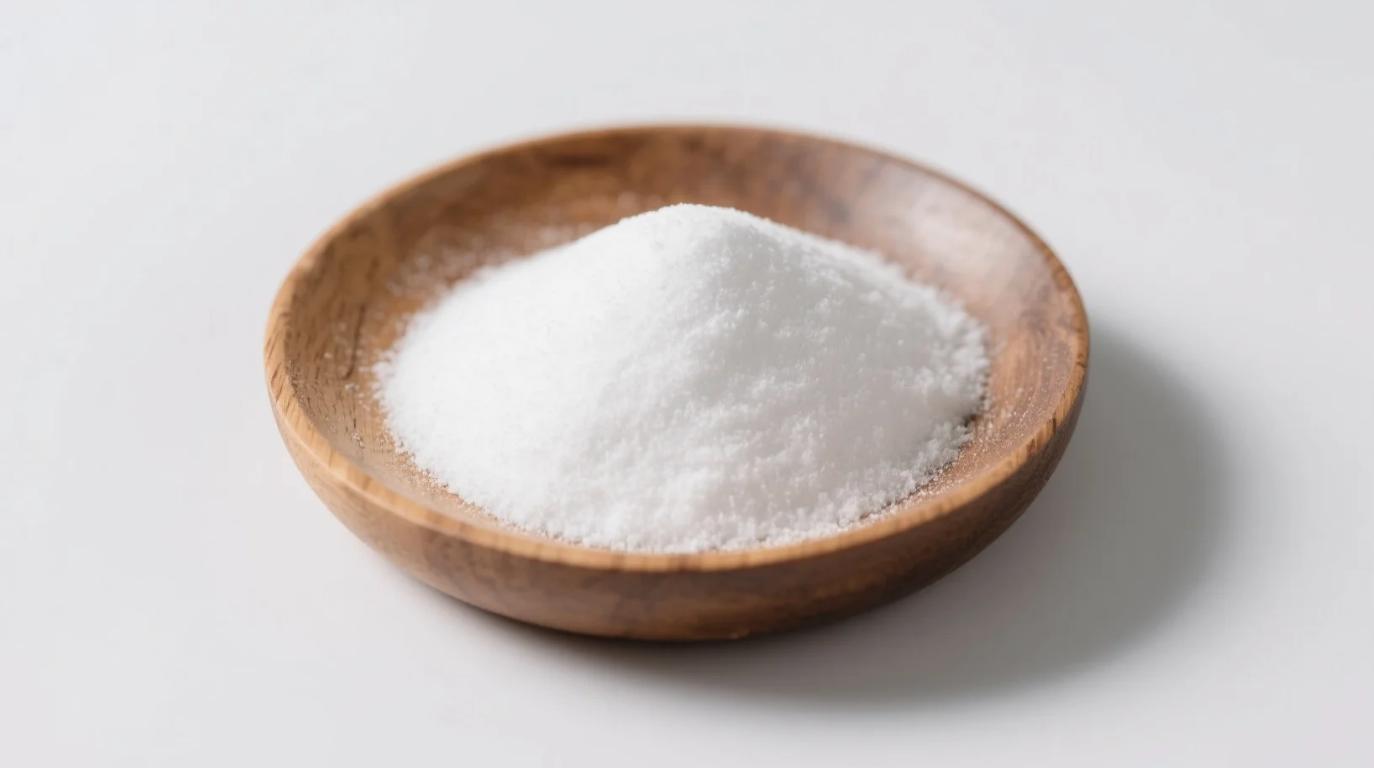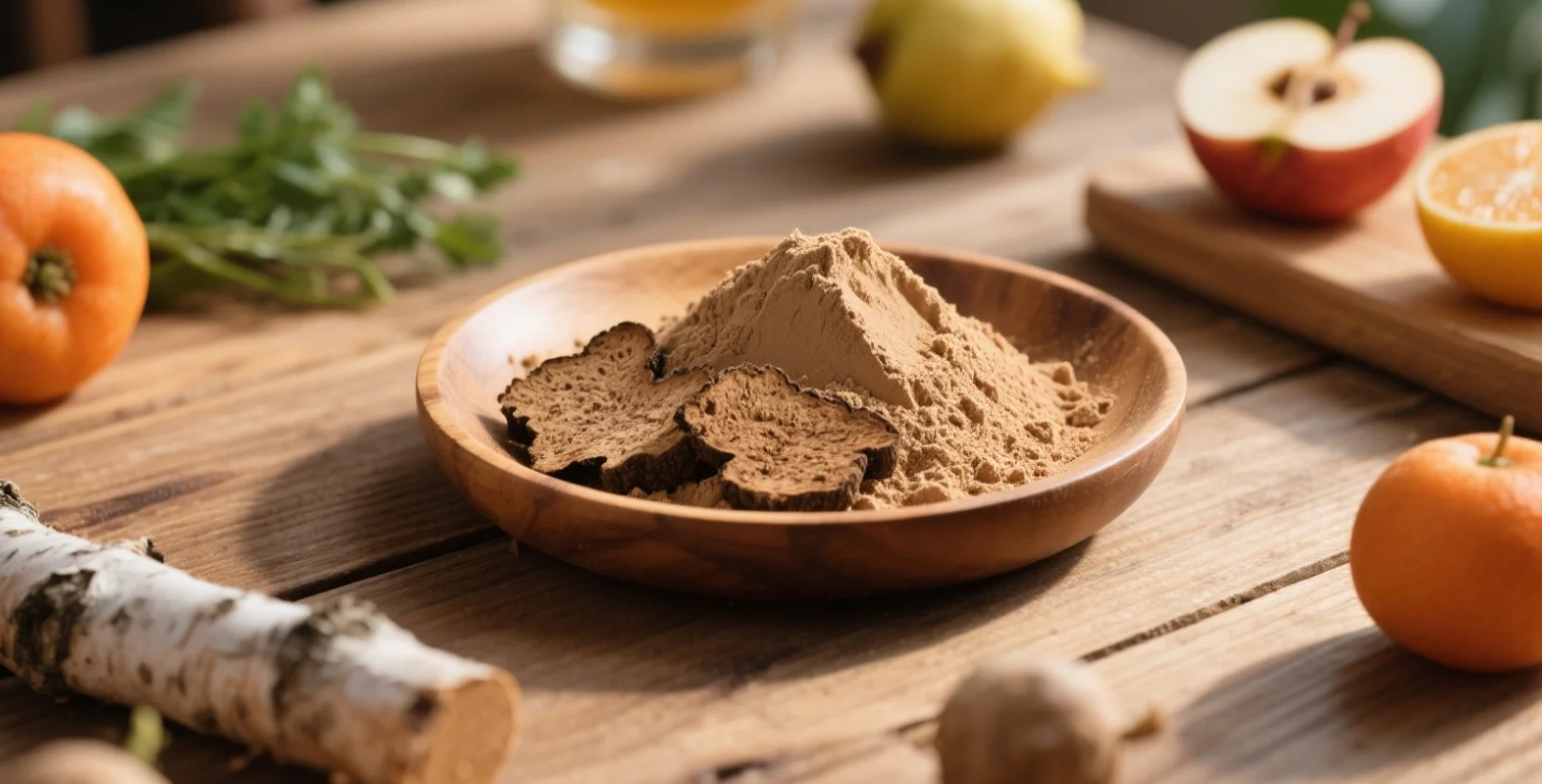Table of Contents
In the world of natural sweeteners, terms like dextrose and glucose are often used interchangeably, which can confuse both consumers and manufacturers. While they share many similarities, understanding the subtle differences between organic dextrose powder and organic glucose powder can help you choose the right ingredient for your food, beverage, or sports nutrition products.
Both ingredients are derived from organically grown, non-GMO corn, making them clean, sustainable, and suitable for modern health-conscious consumers. Yet, each has unique properties that make them better suited for specific applications.
What is Organic Dextrose Powder?
Organic dextrose powder is a pure form of glucose in crystalline powder form. It is highly soluble and provides quick energy because the body absorbs it rapidly. Certified organic and minimally processed, dextrose is often used in baking, beverages, energy bars, and sports nutrition products.
Key Features:
- Mild, clean sweetness
- Instant energy source
- Excellent solubility in liquids
- Enhances texture and browning in baked goods
- Organic and non-GMO
What is Organic Glucose Powder?
Organic glucose powder is essentially glucose in powdered form, similar to dextrose. It is also derived from organic corn and provides rapid energy. Glucose powder is widely used in confectionery, beverages, and functional foods, particularly where precise sweetness and viscosity control are important.
Key Features:
- Slightly less crystalline than dextrose
- Smooth texture suitable for syrups and liquid formulations
- Rapidly absorbed for energy
- Ideal for soft candies, beverages, and gels
- Organic and non-GMO
Key Differences Between Dextrose and Glucose Powder
While both are glucose-based and function similarly in the body, there are a few distinctions:
- Physical Form
- Dextrose typically comes as fine crystals, which makes it ideal for dry mixes and baking.
- Glucose powder may be slightly less crystalline and can be easier to dissolve in liquids for syrups or beverages.
- Sweetness Perception
- Dextrose is slightly less sweet than table sugar (sucrose) and is excellent for balancing flavors in recipes.
- Glucose powder has a neutral sweetness, which is preferred in functional foods and soft candies where flavor masking is important.
- Application Suitability
- Dextrose: Best for energy bars, protein snacks, smoothies, and baking where texture and browning are key.
- Glucose powder: Ideal for beverages, syrups, candies, and gels where smooth solubility and viscosity are critical.
- Marketing and Labeling
- Both can carry organic and non-GMO claims, but dextrose is often highlighted in energy and functional foods, while glucose is favored in liquid-based products and confectionery.
Choosing the Right Sweetener
When selecting between organic dextrose powder and organic glucose powder, consider:
- Your product type: Is it a dry mix, baked good, beverage, or soft candy?
- Desired sweetness and texture: Dextrose adds mild sweetness and enhances texture, glucose focuses on smoothness.
- Consumer expectations: Clean label and organic certifications are applicable to both, but marketing positioning may differ.
- Functional requirements: Need for rapid energy, browning, or viscosity control?
Understanding these factors ensures your product not only meets taste and functionality goals but also aligns with consumer preferences for organic, non-GMO ingredients.
Final Thoughts
Although organic dextrose powder and organic glucose powder are closely related, knowing their differences is crucial for manufacturers, product developers, and health-conscious consumers. Dextrose is perfect for baked goods, snacks, and smoothies, while glucose powder excels in beverages, syrups, and confectionery applications. Both provide clean, organic sweetness and rapid energy, allowing brands to deliver quality, functional, and natural products.
Related Products
Organic Dextrose Powder
A simple, naturally derived sugar from organic corn starch, offering clean sweetness,…


